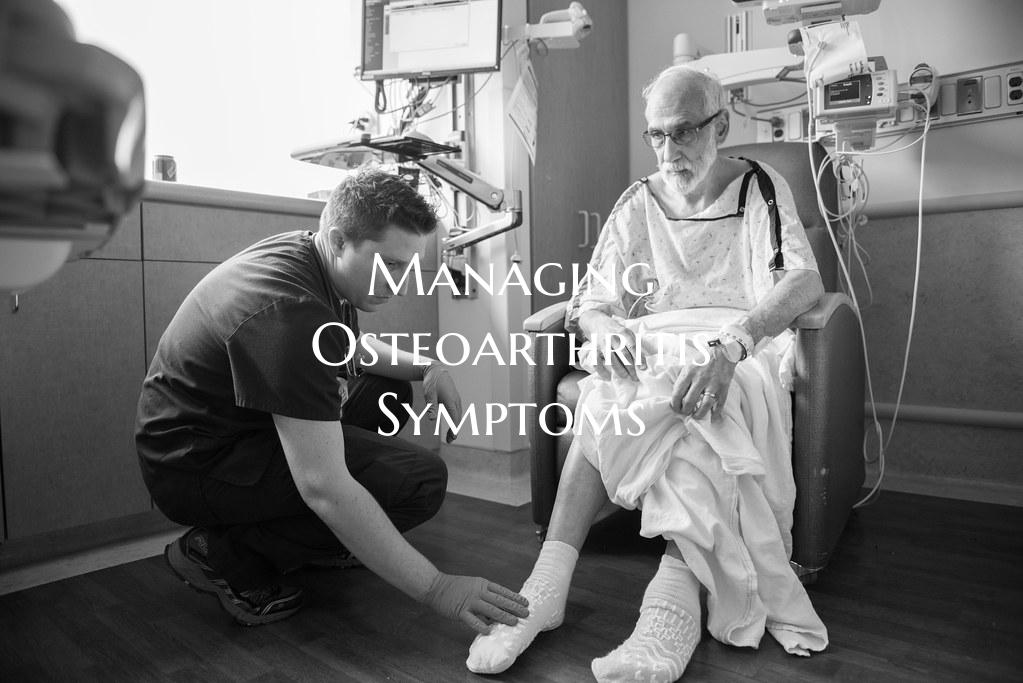
Managing Osteoarthritis Symptoms
Osteoarthritis is a common joint condition that affects millions of people worldwide, causing pain, stiffness, and reduced mobility. While there is no cure for osteoarthritis, there are various strategies and techniques that can help manage its symptoms effectively and improve quality of life. Here are some tips for managing osteoarthritis symptoms:
1. Stay Active: Regular exercise is crucial for managing osteoarthritis symptoms. Low-impact activities such as walking, swimming, and cycling can help improve joint flexibility, strengthen the muscles around the joints, and reduce pain. It is important to consult a healthcare professional before starting any exercise program to ensure that it is safe and appropriate for your condition.
2. Maintain a Healthy Weight: Excess weight can put additional stress on the joints, worsening osteoarthritis symptoms. By maintaining a healthy weight through a balanced diet and regular exercise, you can reduce the strain on your joints and improve overall joint health.
3. Use Assistive Devices: Assistive devices such as shoe inserts, braces, canes, or walkers can help support the joints and improve mobility for people with osteoarthritis. These devices can help reduce pain and make daily activities easier to perform.
4. Apply Heat or Cold Therapy: Applying heat or cold packs to the affected joints can help reduce inflammation, alleviate pain, and improve mobility. Heat therapy can help relax muscles and increase blood flow, while cold therapy can numb the pain and reduce swelling.
5. Practice Stress-Relief Techniques: Stress can exacerbate osteoarthritis symptoms, so it is important to practice relaxation techniques such as deep breathing, meditation, or yoga to help manage stress levels. Stress relief techniques can also help improve sleep quality, which is crucial for managing pain and inflammation.
6. Consider Physical Therapy: Physical therapy can be beneficial for people with osteoarthritis as it helps improve joint function, mobility, and strength. A physical therapist can create a personalized exercise program tailored to your specific needs and goals, helping you manage your symptoms effectively.
7. Stay Positive and Educated: Living with osteoarthritis can be challenging, but maintaining a positive attitude and staying informed about the condition can help you better manage its symptoms. Learning about osteoarthritis, its causes, and treatment options can empower you to take control of your health and make informed decisions about managing your symptoms.
Remember, managing osteoarthritis symptoms is a continuous process that requires a combination of lifestyle changes, treatments, and support from healthcare professionals. By following these tips and staying proactive in your approach to managing osteoarthritis, you can improve your quality of life and reduce the impact of this condition on your daily activities.